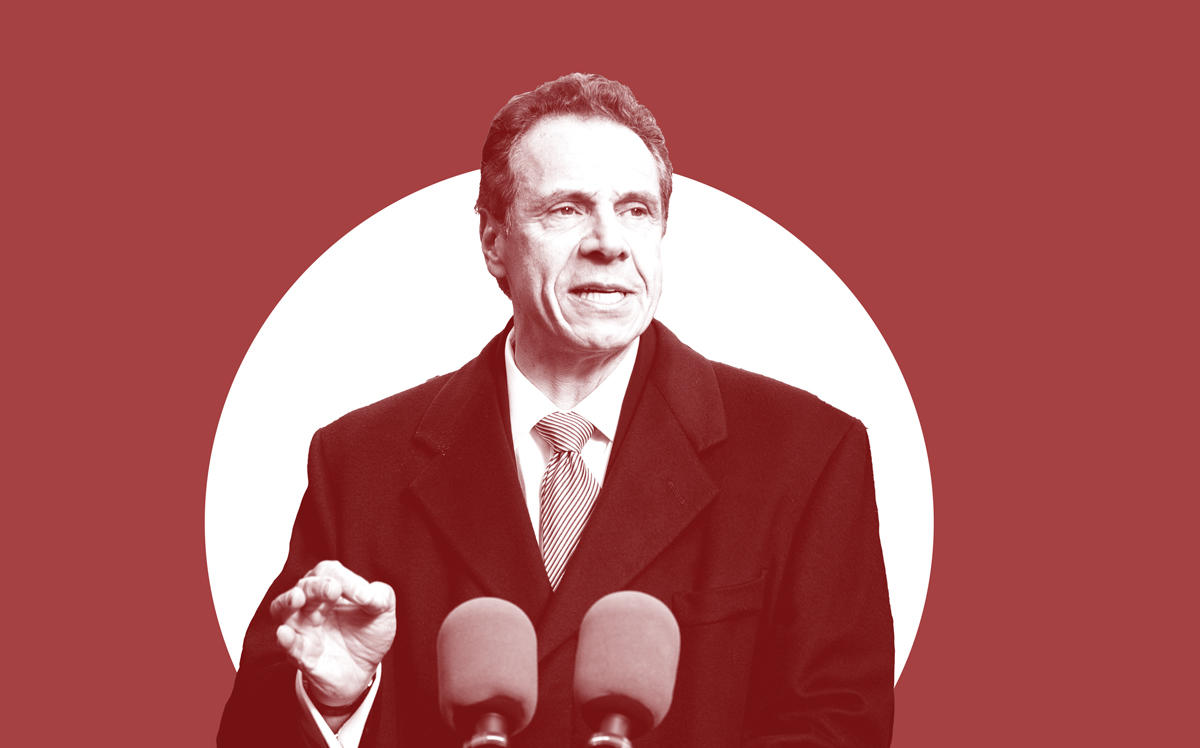Gov. Andrew Cuomo has revived efforts to require union-level wages on certain publicly funded projects.
Under the governor’s proposal — which was included in the state’s proposed 2021 budget — owners would pay construction workers prevailing wages on projects where public funds are covering at least 30 percent of overall construction costs and such costs exceed $5 million. As with the version of the bill proposed by last year, the measure includes a carveout for projects receiving the tax break formerly known as 421a (now Affordable New York) and developments initiated by certain homeowners and not-for-profits.
This measure would, however, spare a larger swath of affordable housing projects from wage requirements than previous proposals. Developers of multifamily projects where at least 30 percent of the apartments are set aside for residents making 80 percent or less of the area median income, for at least 15 years, are exempt from prevailing wage rules. The bill also excludes construction work related to the installation of renewable energy systems.
The budget’s “Transportation, Economic Development and Environmental Conservation” bill also calls for the creation of an 11-member public subsidy board, all appointed by the governor, to study the impact of proposed prevailing wage requirements and, if necessary, recommend adjustments to what projects qualify and the cost thresholds. The board will also determine if other affordable or subsidized housing should be exempt.
Last year Sen. Jessica Ramos and Assembly member Harry Bronson proposed a bill that would require prevailing wages be paid at all projects financed in whole or in part by public money. That version of the bill included carve outs for projects with at least 75 percent affordable housing for households earning 60 percent of area median income.
“As we continue discussing progressive ways to reform the bill, I’m optimistic about making this a priority this year,” Ramos said in a statement Wednesday. “I look forward to working with Assembly member Harry Bronson and my colleagues to provide the dignity and justice our hardworking laborers have been owed for so long.”
The proposal in the budget, of course, is likely just a starting point for negotiations. The governor indicated during his budget address Tuesday that he looked forward to working with the legislature on the issue.
The state’s constitution defines public works as state-financed projects, though private projects that receive tax breaks and other types of public funding typically haven’t had to pay prevailing wages (which are based on union rates). Lawmakers have repeatedly tried to change this, but such efforts fell short in 2015, 2018 and again last year. The real estate industry has long been opposed to expanding prevailing wage mandates. Real Estate Board of New York President Jim Whelan said his organization “supports fair wages and benefits for workers and the use of union labor.”
